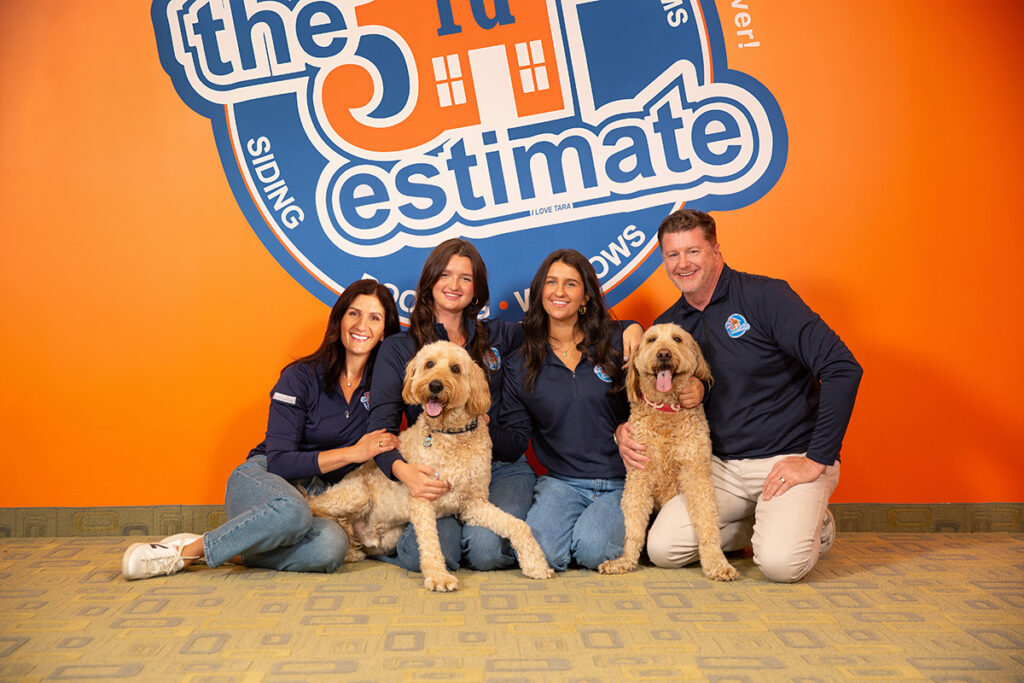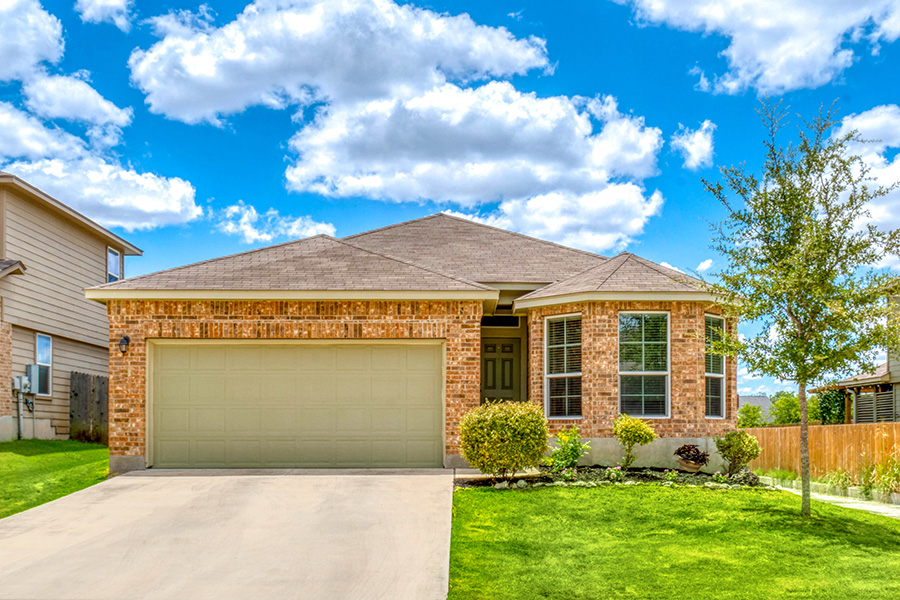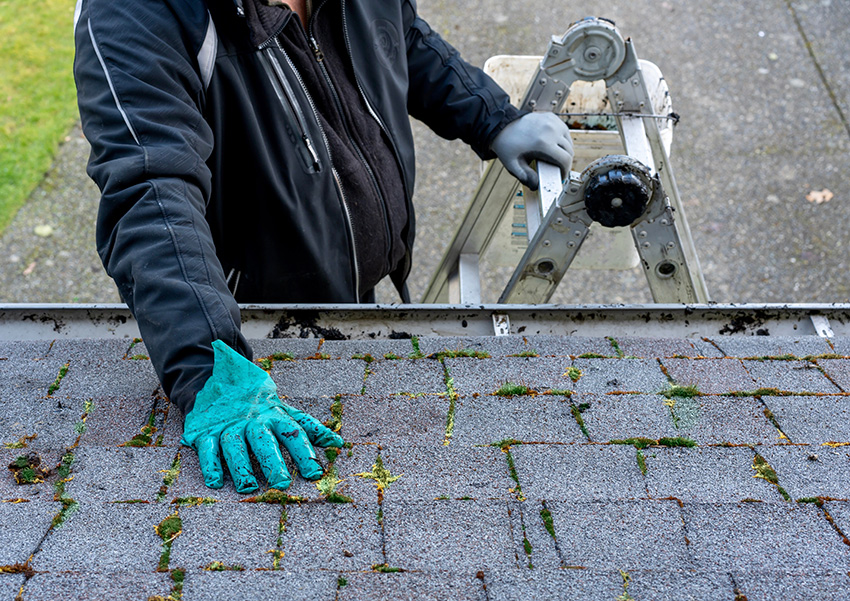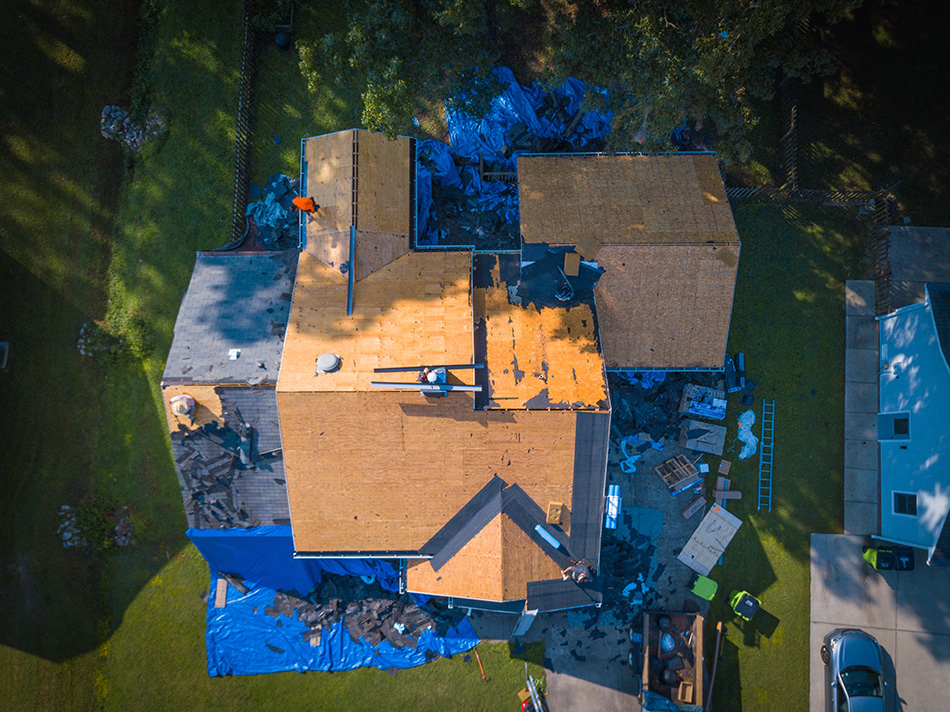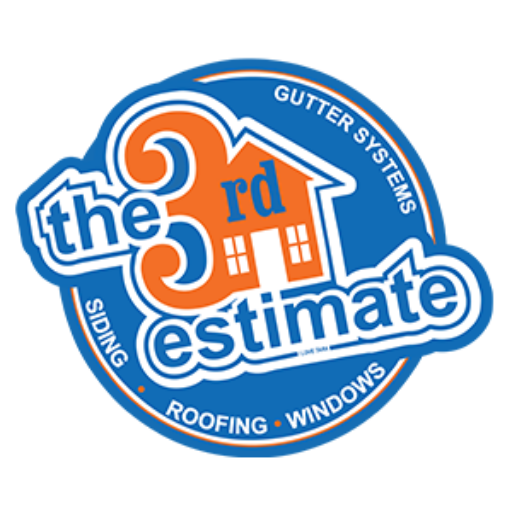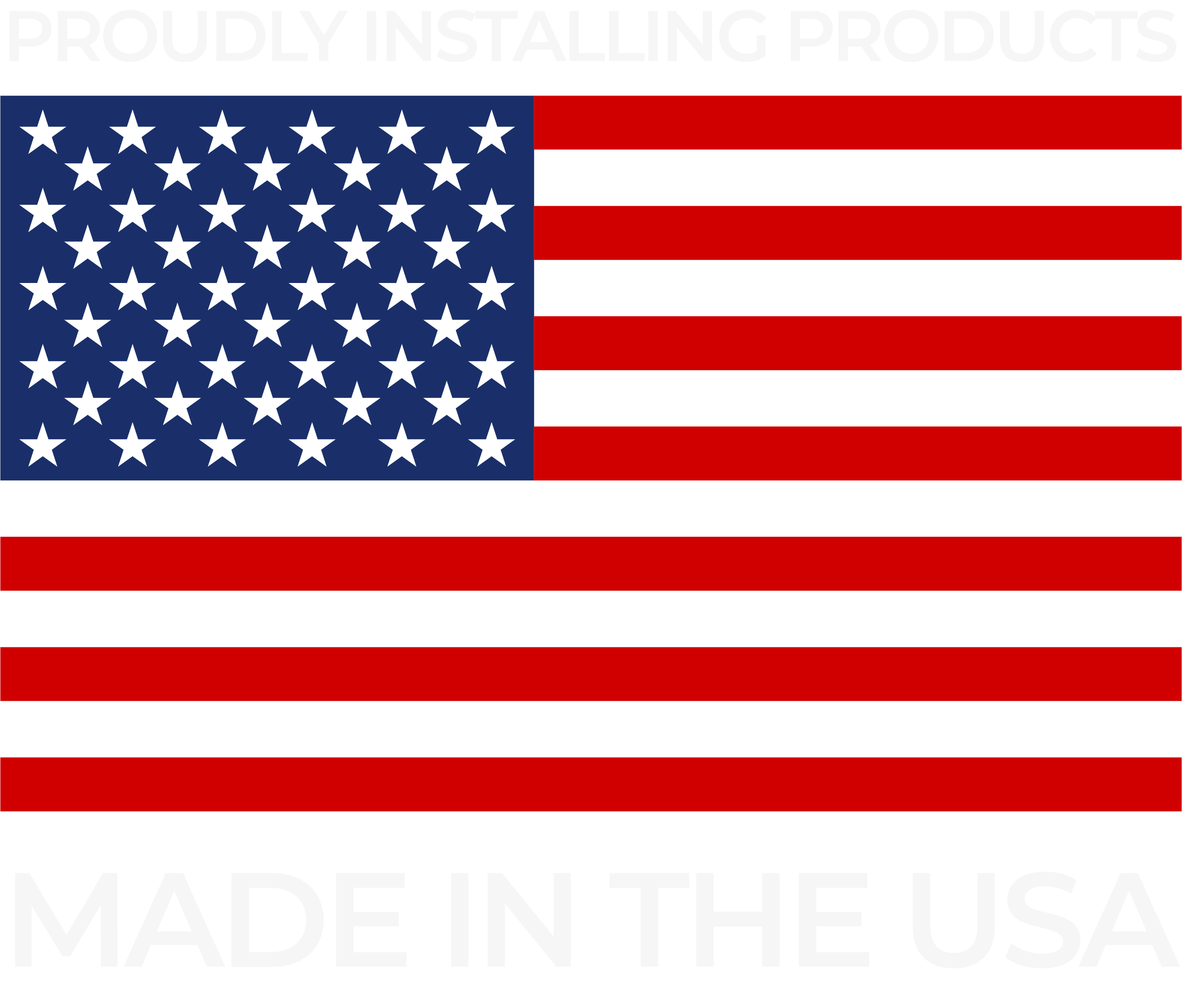Homeowners should become more informed on how they are impacted by roofing warranties because they are a major aspect to roof repair and replacement. This blog post will provide an overview of roofing warranties and what you should know about them.
Types of roofing warranties
The two main types of residential roofing warranties include manufacturer warranties and workmanship warranties. A manufacturer’s warranty is a warranty that is usually provided by the manufacturer. This covers the materials used in your roof. A workmanship warranty covers the installation of your roof and is provided by the roofing contractor who installs it.
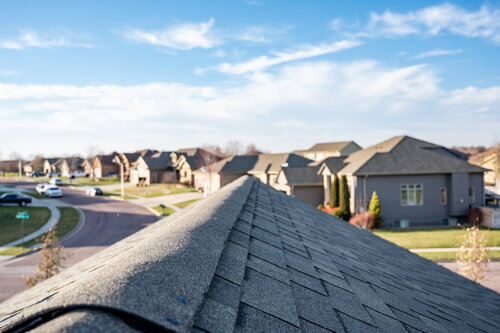
Manufacturer warranties
Manufacturer warranties cover defects in the roofing materials and can last anywhere from 10 to 50 years, depending on the type of warranty. These warranties can be prorated, meaning the coverage amount decreases over time.
It is essential to read manufacturer warranties carefully to understand what they cover. For example, many warranties do not cover damage from extreme weather conditions. This can be a make-or-break decision factor for residents in regions that experience severe weather, such as hurricanes and tornados. If you have a manufacturer warranty that does not cover damage, it may be in your best interest to review different types of insurance.
Workmanship warranties
A workmanship warranty covers the installation of your roof and is typically provided by the roofing contractor who installs it. Workmanship warranties can vary from one year to several years, depending on the contractor. It is essential to read the warranty carefully to understand what is truly covered. Many warranties may not cover damage caused by the homeowner or other contractors.
Warranty coverage
The specifics of what a roofing warranty covers can vary depending on the type and the terms of the warranty. However, most roofing warranties typically cover some common items. These items may include defects in the roofing materials, leaks and damage caused by weather conditions, such as wind or hail.
Similarly, the specifics of what a roofing warranty does not cover can vary depending on the type and terms. However, some common items are typically not covered by most warranties. These items may include damage caused by extreme weather conditions, the homeowner or other contractors.
The Third Estimate is 1 of 700 contractors in the country that can offer the Owens Corning Platinum Protection Limited Warranty, which covers material costs for 50 years and labor costs for 25 years.
In conclusion, understanding your roofing warranty is essential. Whether you have a manufacturer warranty or a workmanship warranty, it is vital to read the warranty carefully to fully understand coverage. Contact the manufacturer or contractor for clarification if you have any questions or concerns about your warranty.

